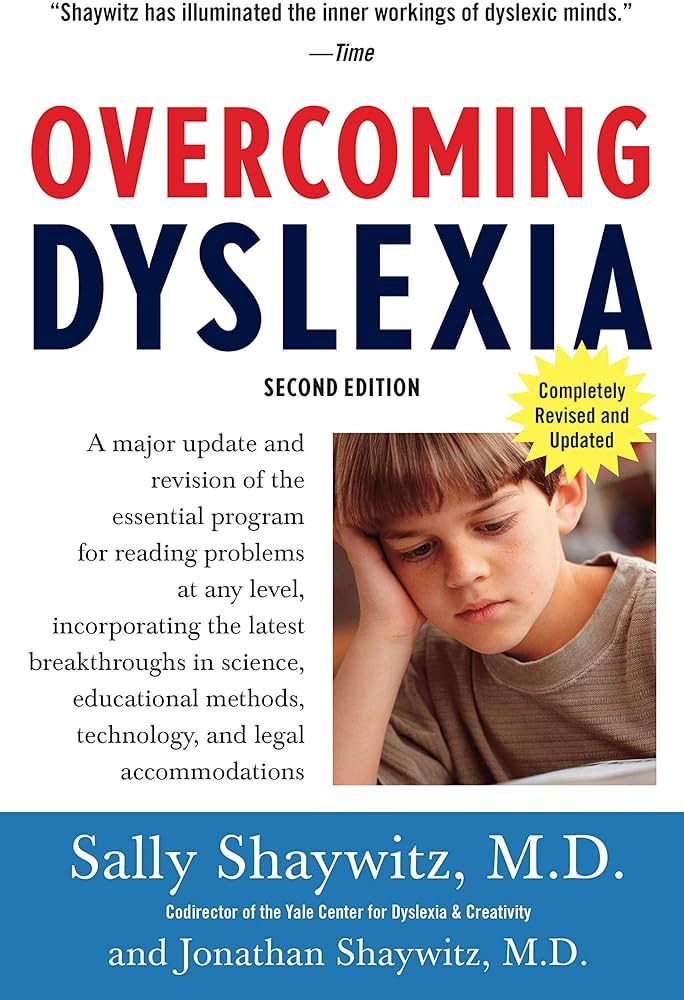Unlocking Literacy: A Dyslexia Exploration. Chapter 17 of Overcoming Dyslexia
- Josh Morgan

- May 14, 2024
- 2 min read
As we explore Chapter 17 of "Overcoming Dyslexia," I am excited to share insights that resonate deeply with my journey as a dyslexia specialist in training. This chapter underscores the pivotal role of foundational reading skills and offers practical strategies to help children break the reading code. Let's dive into these strategies and discuss how they can support our efforts in fostering literacy success for all children.
Chapter 17:
Helping Your Child Break the Reading Code
Building Neural Networks: Sound Advice for Early Literacy
At the heart of learning to read lies the intricate process of building neural connections that link the sounds of spoken words to the print code. As educators and specialists, it's crucial that we provide children with experiences that facilitate this neural network development. By focusing on phonemic awareness activities, such as developing rhyme awareness and segmenting phonemes, we can lay a strong foundation for reading success from the earliest stages.
Practical Activities for Phonemic Awareness
Engaging children in activities that promote phonemic awareness doesn't have to be complicated. Simple yet effective exercises, such as rhyming games and segmenting words into syllables and phonemes, can be seamlessly integrated into daily instruction. Professor Hallie Yopp Slowik's suggestions, including reading stories multiple times and drawing attention to sounds through questions and comments, offer valuable insights into fostering phonemic awareness in young learners.
Putting it in Writing: Reinforcing Sound-Letter Associations
Barbara Wilson's advice emphasizes the importance of reinforcing sound-letter associations through explicit instruction. By teaching children to associate sounds with corresponding letters, we can solidify their understanding of the alphabetic principle. Activities that focus on sight words, writing letters, and spelling not only enhance literacy skills but also promote confidence and proficiency in reading and writing.
Call to Action: Nurturing Literacy Skills with Evidence-Based Practices
Integrate Phonemic Awareness Activities: Incorporate phonemic awareness activities into your daily instruction to develop foundational reading skills in young learners.
Utilize Evidence-Based Resources: Explore supplemental curriculum resources like Headsprout, designed to support early literacy development in kindergarten through second grade.
Provide Explicit Instruction: Offer explicit instruction on sound-letter associations and sight word recognition to reinforce essential reading skills.
Encourage Vocabulary Development: Foster vocabulary development through listening, playing, and imagining activities, empowering children to expand their word knowledge and comprehension.
Promote Self-Confidence: Cultivate a supportive learning environment that nurtures children's self-confidence and enthusiasm for reading, laying the groundwork for lifelong literacy success.
Together, let's empower our children with the tools and strategies they need to break the reading code and embark on a journey of literacy excellence.
By implementing evidence-based practices and fostering a love of reading, we can unlock the full potential of every child.






Comments